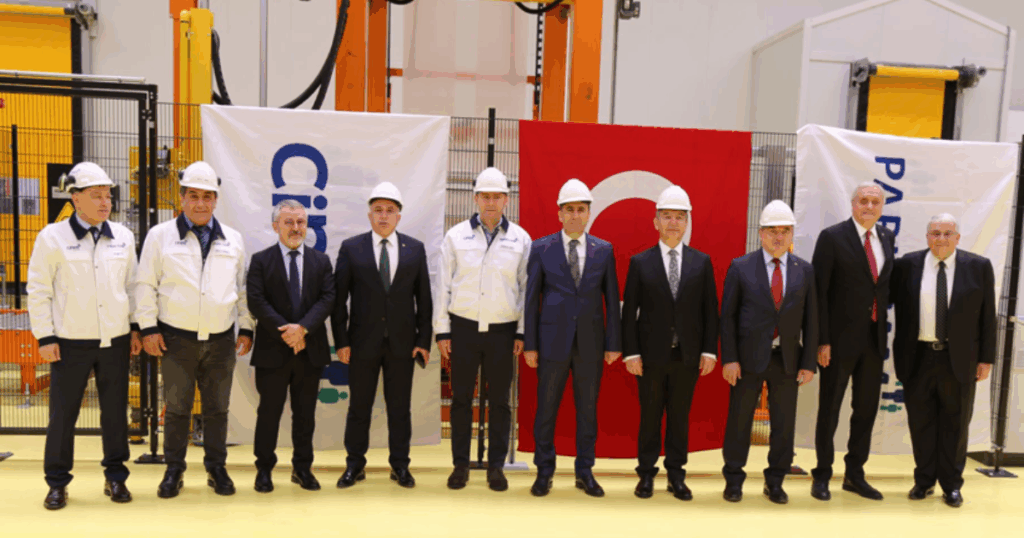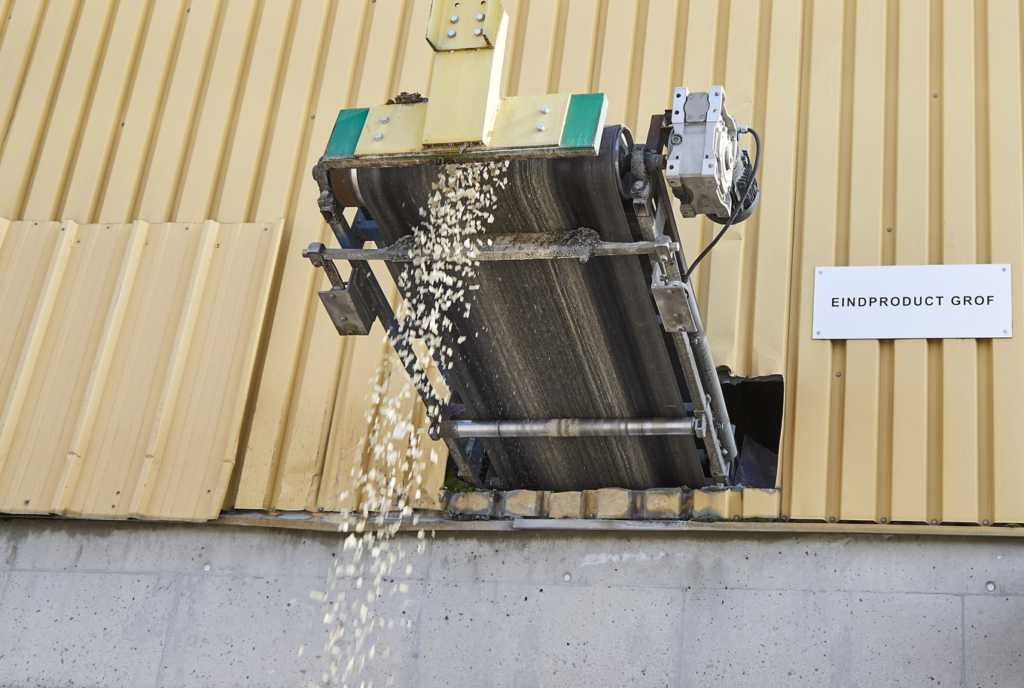In a letter sent to all recycling officers and council leaders in the UK the director general of British Glass, David Workman, argued that recycling glass containers for road aggregates is not environmental best practice.
Glass packaging companies were crying out for recycled glass and glass collection schemes needed to improve, he said. But he urged councils not to start collecting glass in mixed colours.
In the letter he said: “Colour separated glass collection for re-use in the packaging industry is by and away the best environmental option for glass. It is the only way in which the glass packaging industry can make a significant contribution towards achievements of objectives of the Kyoto Protocol.”
Mr Workman’s comments reflect the worries of leading glass industry figures, many of whom agree that there is a “desperate” need for more used glass.
Mike Keogh of Berrymans, which collects glass, told letsrecycle.com: “We are desperately short of glass and we have been for the last nine to 12 months now. It is serious.”
Andy Hartley of manufacturer Rockware Glass agreed: “Some of the manufacturers can’t get the cullet they need for love nor money. It’s not the case that prices are high, it’s just that there isn’t any glass.”
Competing
And he admitted that aggregates were part of the problem: “We are competing with aggregates to an extent. Now the aggregates tax is here, the companies have decided that they can take the glass. The market has grown very considerably and it is taking the collection systems time to catch up. But what the aggregates industry isn’t doing very much of is investing in collection.”
Michael Bennett, spokesman for the glass sector’s packaging organisation Glasspac confirmed that more glass is needed, saying: “The packaging manufacturers have noticed that there has been more competition for cullet since about last autumn.”
“Aggregates are definitely adding to demand. One of the industry’s concerns is that whilst aggregates is an appropriate use when there is an excess of cullet in the system, while the packaging industry is able to use more clear glass then that should be where the clear is being used.”
Beneficial
And he argued that recycling cullet to make containers is 20 times more environmentally beneficial than using it in aggregates because glass can be recycled endlessly. “If you recycle a bottle then there are significant energy and emissions savings – and we are saving the countryside because you don’t have to dig up the raw materials,” he said.
But Jeremy Freeth of collector Thamesdown Glass welcomed interest from the aggregates market: “There is not a desperate shortage of glass, but there is room for more, with aggregates and everything.”
Phil Conran, recycling manager for Biffa, confirmed that the competition from both aggregates and an increasing number of glass manufacturers had boosted glass prices: “Prices have crept up, partly because of the competition and partly because PRN prices have gone up and there is a bit more confidence amongst recycling processors about using PRNS”.
Demand for used glass from the bottle manufacturers is also increasing due to a number of factors other than competition from aggregates. These include improvements in the quality of recycled material, an increase in PRN value, the requirements of the climate change levy and emissions targets.






Subscribe for free